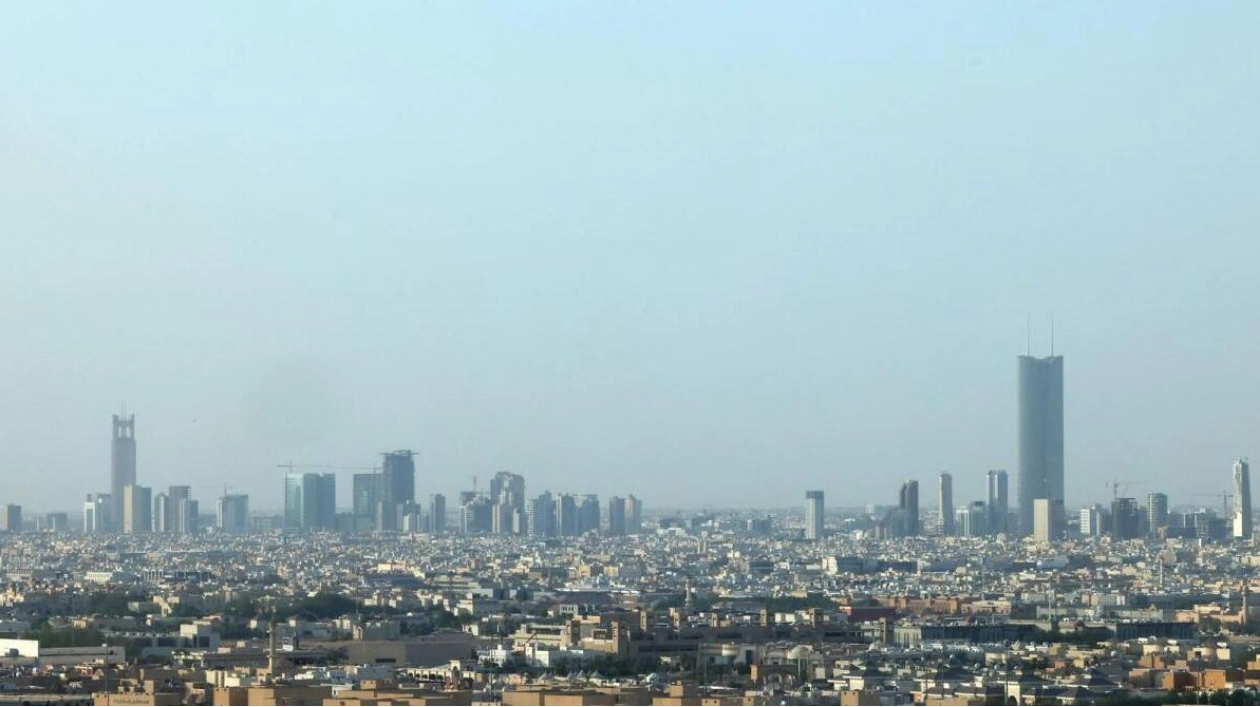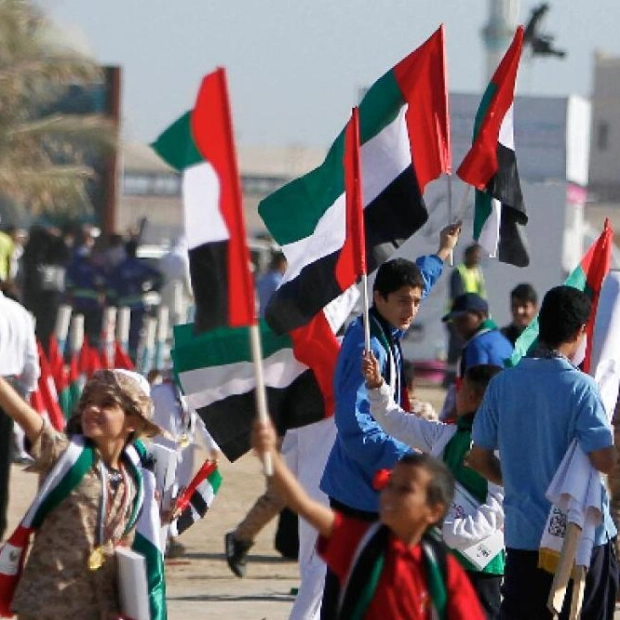The real estate sector in the GCC region is projected to continue its growth trajectory, supported by robust macroeconomic fundamentals, favorable government policies, and growing investor interest, as per the insights from Kuwait Financial Centre, also known as Markaz. The optimistic forecasts by Markaz Mena Real Estate team and Marmore Mena Intelligence are grounded in a detailed analysis of key macroeconomic indicators including GDP growth rates, fiscal policies, and oil market dynamics. The Markaz Real Estate Macro Index Scores for the UAE, Kuwait, and Saudi Arabia for the second half of 2024 are anticipated to be 3.7, 3.5, and 3.6 respectively. The UAE holds a steady score of 3.7, while Kuwait and Saudi Arabia see improvements from their H1 2024 scores of 2.9 and 3.55, indicating a robust and sustainable growth potential in these major GCC real estate markets.
The UAE's real estate sector is expected to sustain its growth momentum throughout 2024, fueled by strong demand in residential, office, and hospitality sectors, as outlined in the recent UAE Real Estate Report. The non-oil economy, with substantial contributions from the real estate sector, is projected to maintain robust growth, supported by government backing and advantageous policies such as the updated Golden Visa criteria, which now broaden investor eligibility, according to the report. Despite slight geopolitical uncertainties affecting economic outlooks, the real estate market remains dynamic, with notable transaction volumes and price hikes. In the first quarter of 2024 alone, residential property prices in Dubai and Abu Dhabi surged by 18.3 percent and 8.6 percent annually, respectively, reinforcing the UAE's status as a competitive global market for luxury housing.
Additionally, reducing the minimum down payment requirement for golden visas to Dh1 million is expected to invigorate the real estate market by attracting more international investors. Office rents in Dubai and Abu Dhabi have also risen due to high demand, particularly for higher-grade properties, reflecting a trend towards quality in the market, analysts noted. The UAE's hospitality sector is thriving, backed by a rise in tourism and business travel, leading to strong hotel average daily rates across major cities. Based on a thorough analysis of various macroeconomic factors, the UAE real estate sector is poised to continue its growth in the second half of 2024, though with slight adjustments in certain segments and areas like Abu Dhabi, according to Markaz analysts.
Kuwait's real estate sector is demonstrating resilience and growth potential despite challenging economic conditions, with a forecasted GDP contraction of 1.4 percent for 2024 following a 2.2 percent decline in 2023. Despite these broader economic difficulties, non-oil sectors, particularly real estate, are growing, supported by an expected 2.0 percent increase in non-oil GDP. Increased project activities and anticipated business reforms are driving this growth. The Saudi Arabian real estate market is expected to rebound significantly in 2024 after a slow period last year, supported by increased activities in both oil and non-oil sectors. According to the International Monetary Fund, Saudi's real GDP is projected to rise to 2.6 percent in 2024 from a previous contraction, with an optimistic forecast of 8.1 percent growth in 2025.






